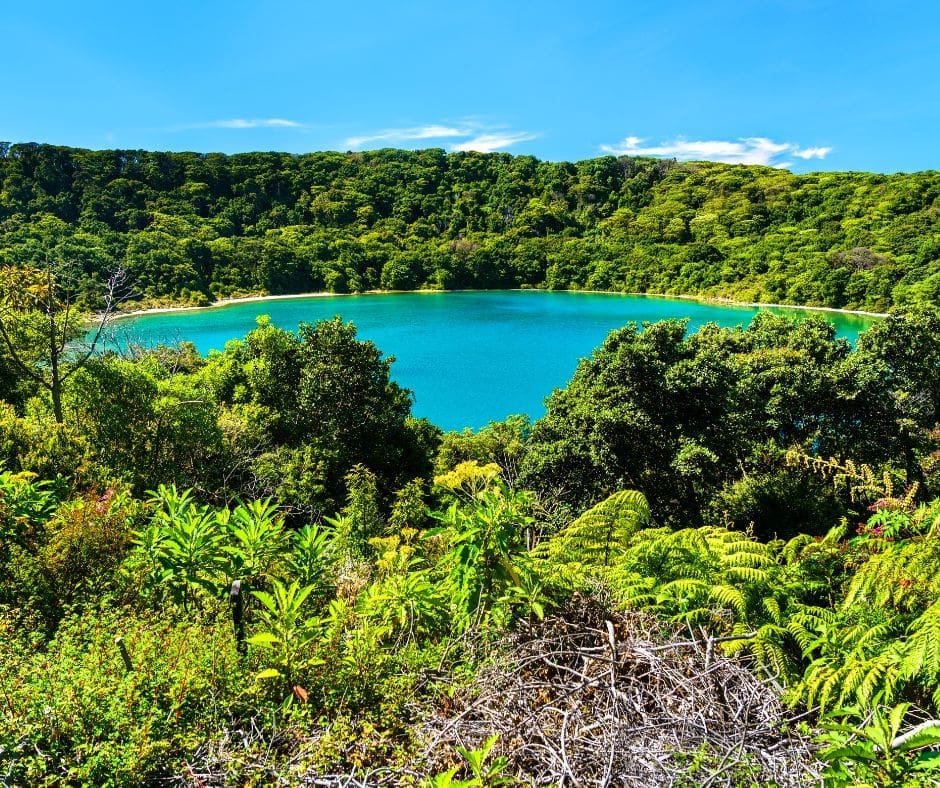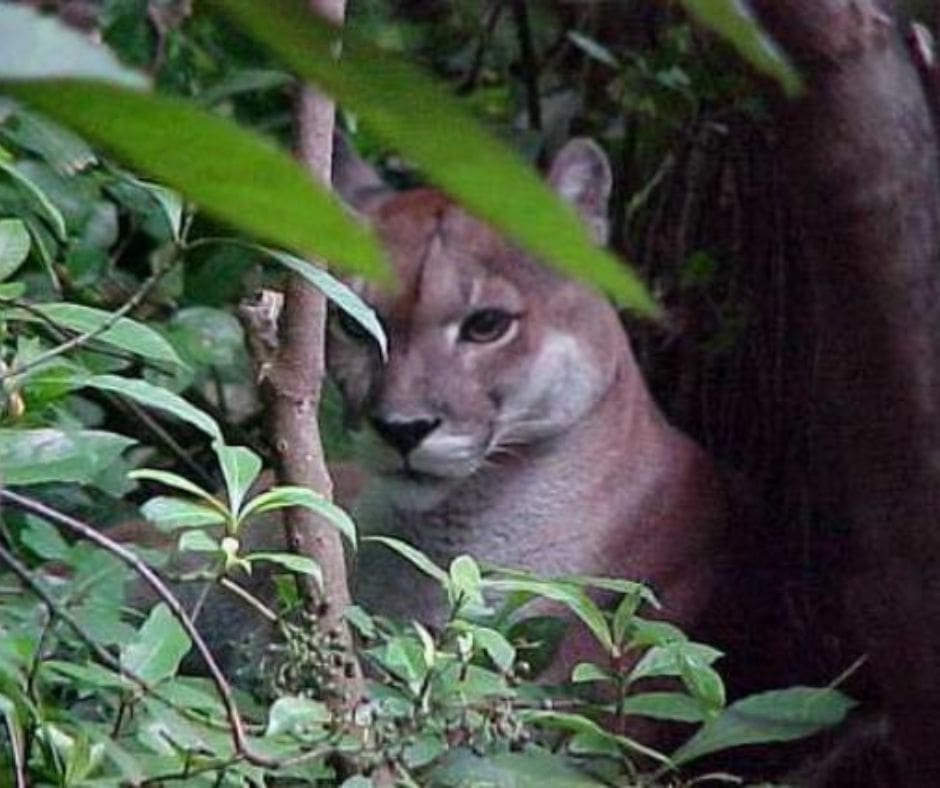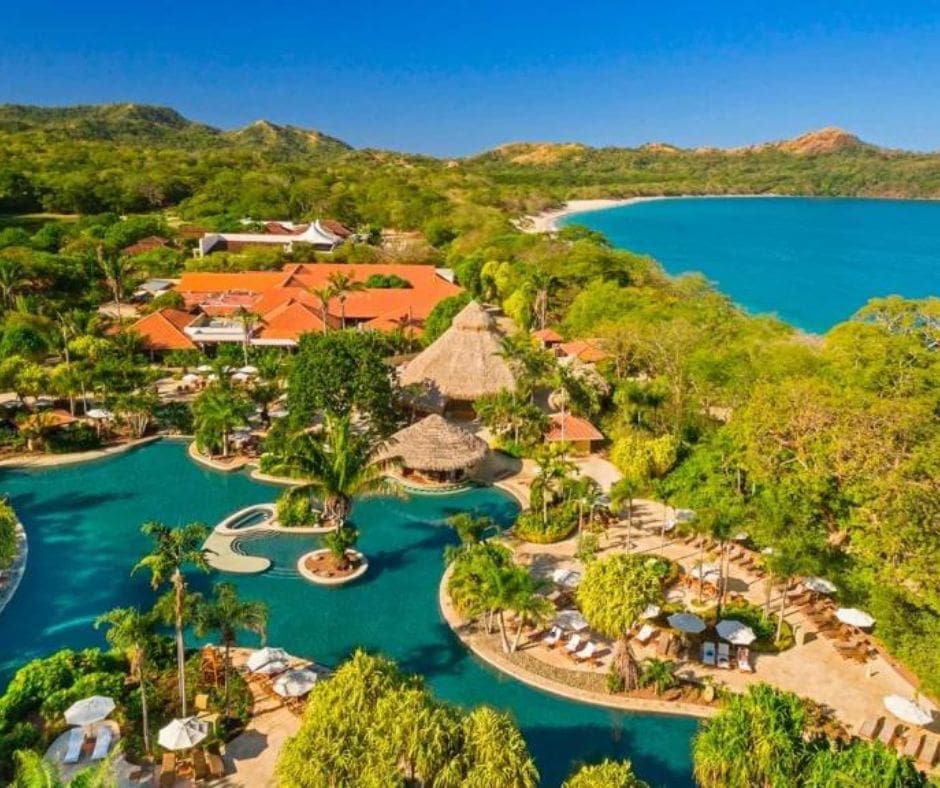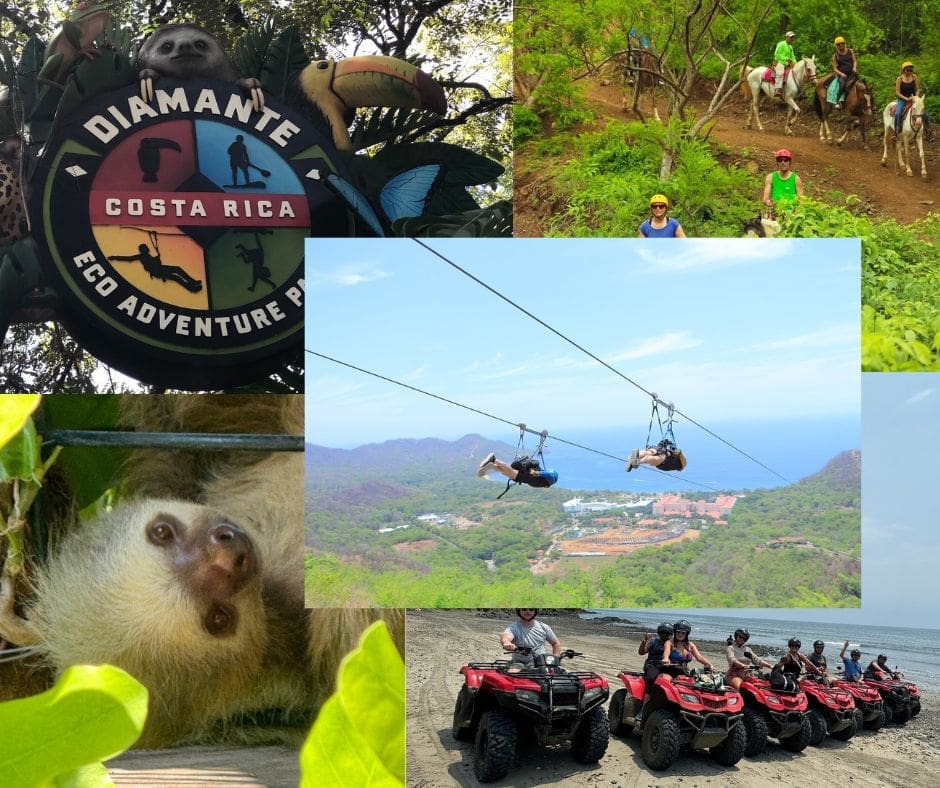
Bathe in Botos Lagoon: A Hidden Gem at Poás Volcano National Park
In the heart of Costa Rica, amidst the towering cloud forests and rugged landscapes of Poás Volcano National Park, lies Botos Lagoon, a serene and vibrant crater lake. This emerald gem offers a unique escape into nature’s solitude, surrounded by rich biodiversity and the mystique of an active volcanic region. A visit to Botos Lagoon is not just a journey to a destination; it’s an adventure into the heart of volcanic beauty and tranquility.
The Journey to Botos Lagoon
Located less than two hours from the bustling streets of San José, Botos Lagoon is easily accessible, yet feels worlds apart from the urban sprawl. To reach this hidden sanctuary, visitors travel through the Poás Volcano National Park, a renowned site for its active volcanoes and exotic wildlife. The park itself is a haven for eco-tourists and nature enthusiasts, featuring well-marked trails and an abundance of Costa Rican flora and fauna.
The trail to Botos Lagoon is a gentle hike, suitable for visitors of all ages and fitness levels. Spanning approximately 1.5 kilometers from the park’s visitor center, the path winds through lush, verdant cloud forest, offering glimpses of colorful birds and the occasional rustle of wildlife in the underbrush. The hike is relatively easy, with a well-maintained trail and informative signs detailing the area’s natural history and ecological significance.
Experiencing the Lagoon
Upon arriving at Botos Lagoon, hikers are rewarded with the stunning sight of the lagoon’s vivid, emerald-green waters, set against the backdrop of steep crater walls. The water, colored by mineral deposits from the volcano, contrasts strikingly with the deep greens of the surrounding forest. The air is crisp and often misty, adding a mystical quality to the landscape.
Bathing in Botos Lagoon itself is not permitted, as it is crucial to preserve the delicate balance of this ecosystem. However, the area around the lagoon offers ample opportunities for relaxation and nature observation. Visitors can enjoy picnicking at designated spots, capturing photographs of the stunning scenery, or simply sitting in quiet contemplation, immersed in the sounds of nature.
Flora and Fauna
The area around Botos Lagoon is a hotspot for biodiversity. The moist, cool climate of the cloud forest supports a wide variety of plant life, including bromeliads, ferns, and orchids. Birdwatchers will delight in spotting species such as the resplendent quetzal, hummingbirds, and the elusive bellbird.
The forest is also home to many mammals, such as coatis, agoutis, and the occasional sighting of the elusive puma. The lagoon and its surroundings are part of a critical conservation area, playing a vital role in the preservation of these species and their habitats.
Best Time to Visit
Botos Lagoon is accessible year-round, but the best time to visit is during the dry season, from December to April. During these months, the skies are clearer, and the trails are less slippery, making hiking more enjoyable. Early mornings are particularly magical, as the mist lifts off the lagoon, revealing its full splendor.
Planning Your Visit
When planning a visit to Botos Lagoon, it is advisable to arrive early to avoid crowds and to make the most of the serene morning atmosphere. The park has an entrance fee, which contributes to the conservation efforts and maintenance of the facilities. Visitors should wear comfortable hiking shoes and bring water, snacks, and rain gear, as the weather in the cloud forest can be unpredictable.




